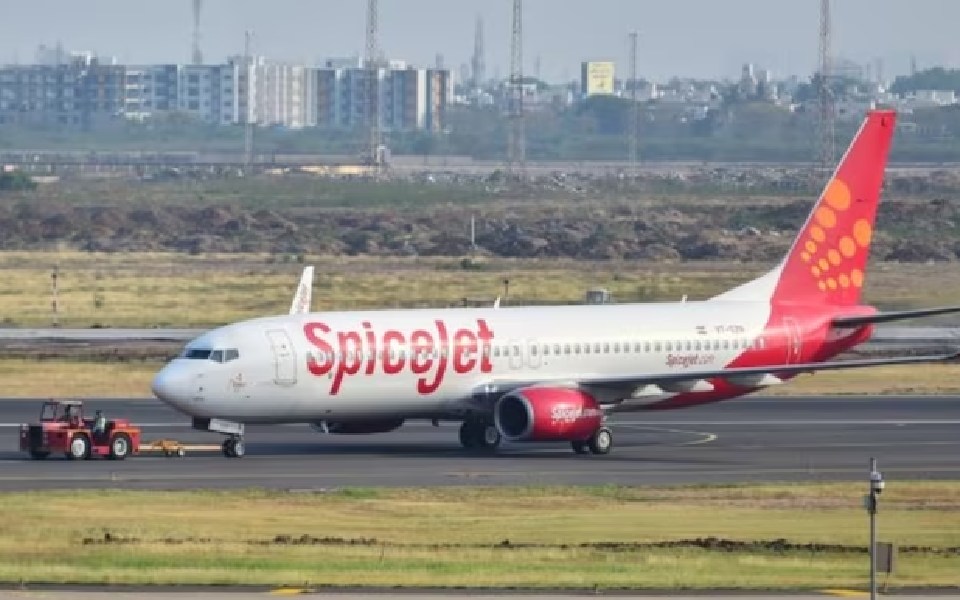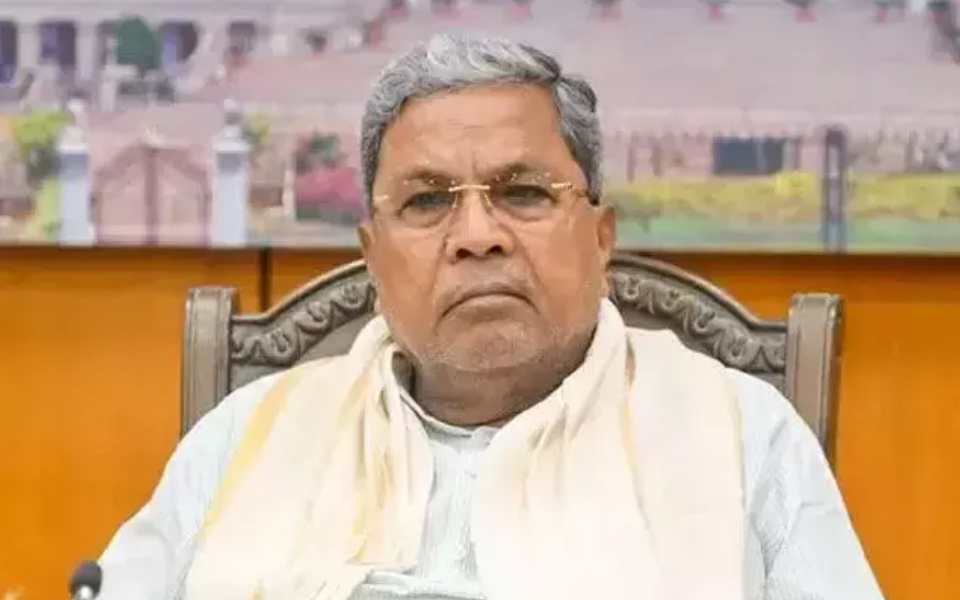New Delhi, Aug 24: The Delhi High Court on Thursday refused to stay a single judge order upholding an arbitral award asking SpiceJet and its promoter Ajay Singh to refund Rs 579 crore plus interest to media baron Kalanithi Maran.
A division bench of Justices Yashwant Verma and Dharmesh Sharma issued notice and sought the response of Maran and his company Kal Airways on an appeal filed by Singh and SpiceJet challenging the single judge's July 31 order.
The high court rejected the application for stay on the order of the single judge bench, saying the Supreme Court's July 7 order binds it and listed the appeal for further hearing on October 31.
"In light of the Supreme Court directions and order of July 7, no interim order can possibly be granted in favour of the appellants absolving them of the obligations which emanate from the two orders (of the apex court). The application is consequently rejected," the bench said.
On July 7, the Supreme Court had refused to extend the time granted to SpiceJet for making payment to Maran and Kal Airways in pursuance of the arbitral award, saying these were "luxury" litigations.
While refusing to extend the time, the Delhi High Court had on June 1 directed SpiceJet to deposit "forthwith" Rs 75 crore that has to be paid to Maran and his Kal Airways towards interest on the arbitral award.
During the hearing on Thursday, senior advocate Amit Sibal, representing SpiceJet and Singh, argued that his challenge was on the issue of 18 per cent interest which the tribunal had directed SpiceJet to pay.
He said SpiceJet could not pay Rs 75 crore to Maran due to lack of funds and not because it did not want to pay.
SpiceJet, in a statement, said, "We are hopeful for an expeditious resolution of the appeal. We are committed to presenting our matter diligently and respectfully seeking a just and fair resolution."
Maran and Kal Airways were represented by senior lawyer Maninder Singh and law firm Karanjawala and company.
On July 31, the single judge had upheld the award announced by the arbitral tribunal on July 20, 2018 in favour of Maran and Kal Airways.
It had said the court was barred from entering into the merits of an award unless there was an error that was apparent on the face of the record or an illegality that goes to the root of the matter.
Singh had approached the single judge bench of the high court challenging the arbitral award.
The case dates to January 2015, when Singh, who owned the airline earlier, bought it back from Maran after it was grounded for months due to resource crunch.
While the tribunal had asked Maran to pay Singh and the airline Rs 29 crore in penal interest, Singh was asked to refund Rs 579 crore plus interest to Maran.
The tribunal, created in 2016 on the orders of the Delhi High Court to adjudicate the share transfer dispute, had held that there was no breach of a share sale and purchase agreement reached between Maran and current promoter Singh in late January 2015.
In a relief to Singh, the tribunal had, however, rejected Maran's appeal for damages of Rs 1,323 crore from the Gurugram-based carrier.
In February 2015, Maran of the Sun Network and Kal Airways, his investment vehicle, had transferred their 58.46 per cent stake in SpiceJet to Singh for Rs 2 along with Rs 1,500 crore debt liability, after the airline was grounded due to a severe cash crunch. Singh was the first co-founder of the airline and is now its the chairman and managing director.
As part of the agreement, Maran and Kal Airways had claimed to have paid Spicejet Rs 679 crore for issuing warrants and preference shares. However, Maran approached the Delhi High Court in 2017, alleging SpiceJet had neither issued convertible warrants and preference shares nor returned the money.
Let the Truth be known. If you read VB and like VB, please be a VB Supporter and Help us deliver the Truth to one and all.
Deir al-Balah, Nov 1: Israeli airstrikes on Friday killed at least 24 people in northeastern Lebanon, the country's news agency said, raising the death toll from eight there.
It was the latest deadly toll in the area since the conflict between Israel and the Lebanese group Hezbollah escalated last month.
Israel's military has said that its operation in Lebanon is targeting Hezbollah's military infrastructure.
Lebanon's state National news Agency reported four airstrikes in different villages across country's northeast, saying rescuers were still searching for survivors in Younine, a town in the Bekaa Valley, from the rubble of a targeted house.
Hussein Haj Hassan, a Lebanese lawmaker representing the region in Baalbek-Hermel region, said that 60,000 people have already fled their homes in the area due to Israeli bombardment.





